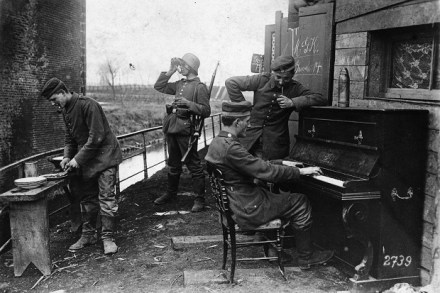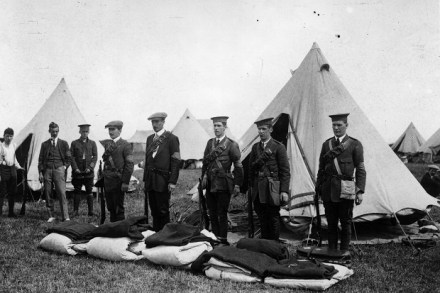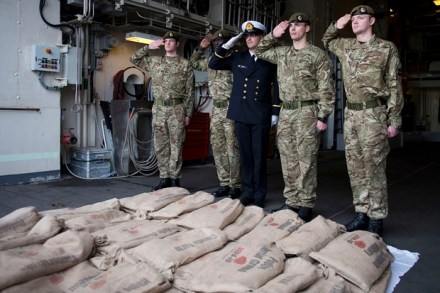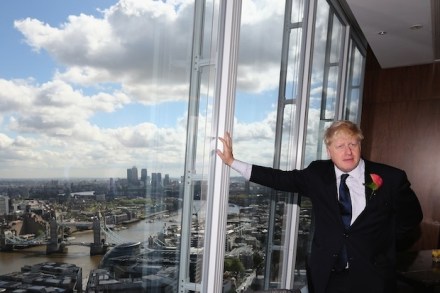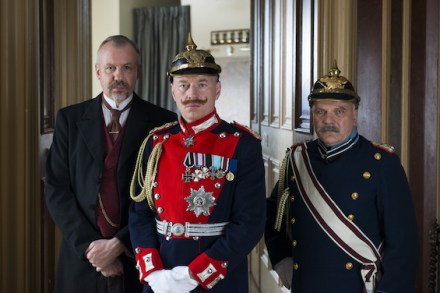Germany’s forgotten war
Britain is braced for the anniversary of the outbreak of world war one. Memorials and events are taking place across the country this weekend. Not so in Germany, where reticence reigns. This week’s Spectator features a piece by Antonia Oettingen, a descendant of Karl Max von Lichnowsky, the Kaiser’s ambassador in London from 1912-1914. She explains why Germany is shy about the Great War. ‘In 1912 Kaiser Wilhelm had an ambitious task for my great-great-great uncle Karl Max von Lichnowsky. He sent him to London to be our ambassador there, with orders to try to ensure Britain’s neutrality (at the very least, in cases of conflict with Russia and France).
